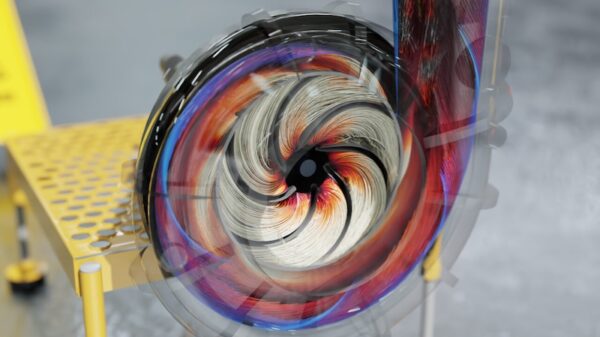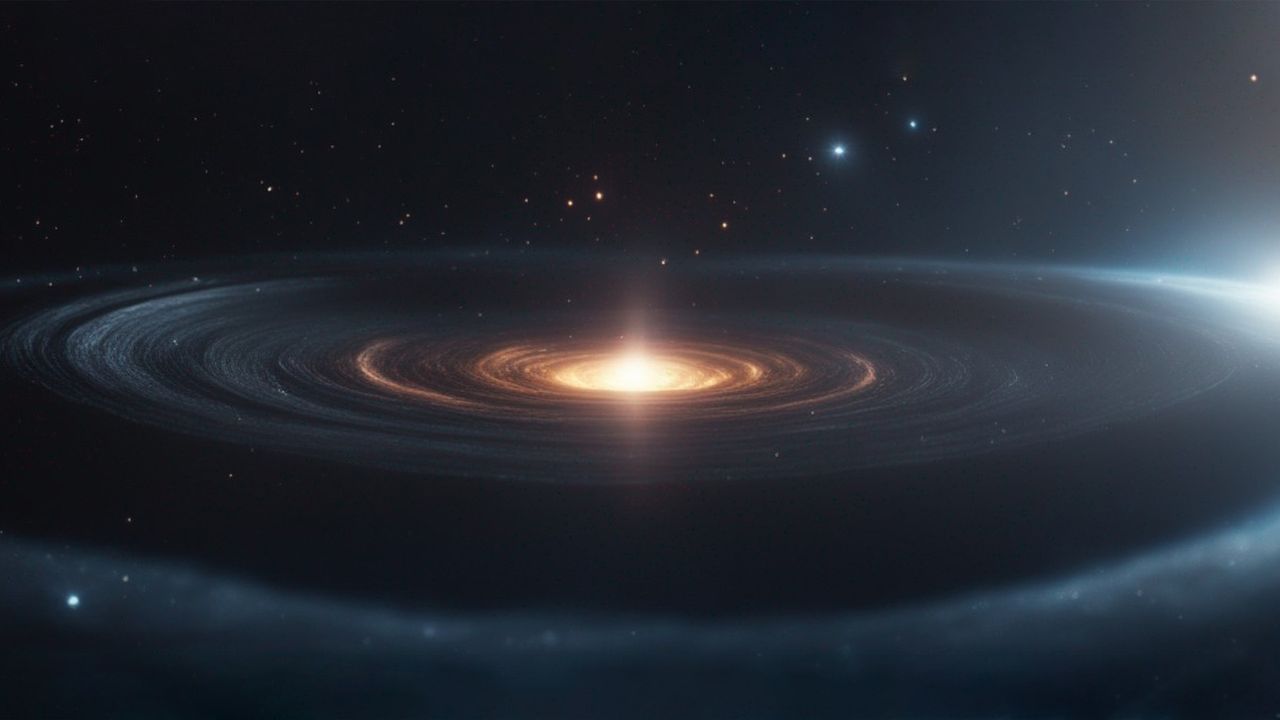Recent advances in astrophysics may bring humanity closer to detecting gravitational waves originating from the Big Bang. These primordial ripples in space-time could fundamentally alter our understanding of the universe’s origins and evolution.
In 1916, renowned physicist Albert Einstein proposed his theory of general relativity, which predicted the existence of gravitational waves—ripples caused by the acceleration of mass. For decades, however, the detection of these waves seemed unlikely due to their incredibly weak nature. It was not until 2015 that this changed, when the Laser Interferometer Gravitational Wave Observatory (LIGO) successfully identified waves produced by merging black holes, confirming Einstein’s predictions nearly a century later.
These gravitational waves, while faint when detected, are immensely powerful at their source. The energy released during such black hole mergers can be equivalent to converting the entire mass of the sun into pure energy in less than a second. This energy, however, is invisible and manifests solely as gravitational waves. Anything within a light-year of such a merger would be significantly affected by the intense gravitational forces involved.
Yet, the waves generated from black hole mergers are not the most potent we might encounter. Cosmologists theorize that during the initial moments of the Big Bang, the universe underwent a rapid expansion known as inflation. This event, occurring less than a second after the universe began, resulted in the cosmos expanding to an enormous scale. The precise mechanisms behind inflation remain unclear, but its effects are still evident today.
Inflation is thought to have transformed the quantum foam—tiny fluctuations that occur at subatomic levels—into variations in density across the universe. These density fluctuations contributed to the formation of matter and are detectable in the cosmic microwave background, which contains remnants of the universe’s early state.
While the effects of inflation are inferred from indirect evidence, the gravitational waves resulting from this event, known as primordial gravitational waves, remain elusive. These waves, produced at the onset of inflation, still ripple through space but are exceedingly difficult to detect. Their long wavelengths are buried beneath the background noise of other cosmic phenomena.
LIGO can capture sharp, brief vibrations from events like black hole mergers, but primordial gravitational waves are much slower and less intense, making them nearly impossible to identify with current Earth-based detectors. To overcome these limitations, scientists are eyeing future space-based observatories.
The Laser Interferometer Space Antenna (LISA), set to launch in the mid-2030s, will consist of three satellites spread across distances of 600,000 to 3 million miles (1 million to 5 million kilometers). By bouncing lasers between these satellites, LISA aims to detect minute shifts in distance caused by passing gravitational waves, including those from supernovas and supermassive black holes, as well as primordial waves.
While LISA holds promise, uncertainty remains regarding its potential success in detecting primordial gravitational waves. Scientists do not yet know how strong these waves were at their origin, which complicates predictions about their current state.
Decades ago, astronomers proposed a more ambitious project called the Big Bang Observer (BBO). This initiative would utilize dozens of satellites coordinated across the solar system, potentially allowing for the detection of a wider range of primordial gravitational waves. However, as of now, the BBO remains a proposal without concrete plans for development.
All eyes are currently on LISA, which could provide unprecedented insights into the universe’s infancy. If successful, LISA may reveal new information about inflation and the conditions that shaped the cosmos. The implications of such discoveries would be profound, offering a view into the earliest moments of cosmic history—an experience that is entirely invisible and remarkably quiet.


































































